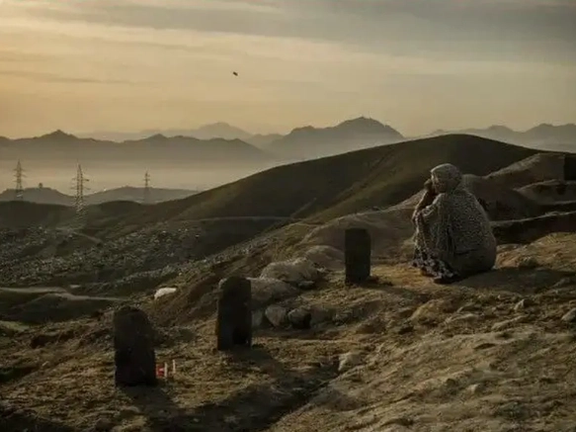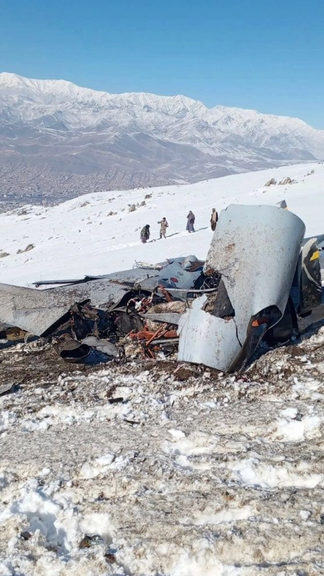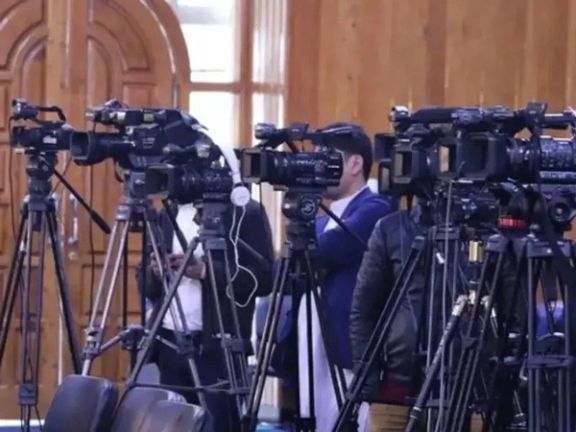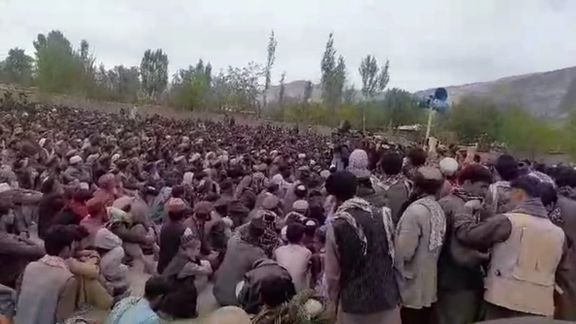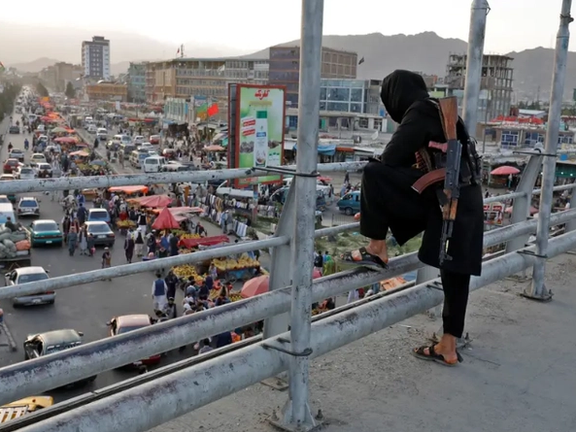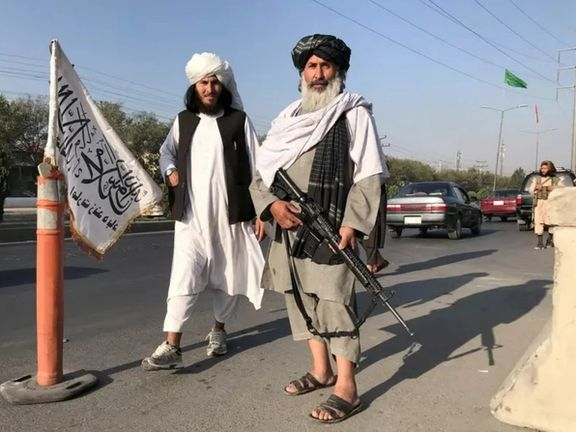The office has documented 38 cases of detention, 10 cases of torture and abuse, and at least four cases of extrajudicial killings of former government employees and military personnel by the Taliban over a three-month period from January 1 to March 31 of the current year.
UNAMA's report, which covers the human rights situation in Afghanistan during this period, was released on Thursday.
The United Nations stated that the Taliban persist in detaining, torturing, and killing former government employees and military personnel despite the group’s spokespersons' constant emphasis on the group's commitment to “general amnesty”.
Civilian Casualties
UNAMA's quarterly report also states that at least 79 civilians were killed and injured in explosions in Kabul over six days, between January 6 to 11.
According to the report, an explosion occurred in the predominantly Hazara neighbourhood of Dashte Barchi in Kabul on January 6, leaving five dead and 20 injured.
Another explosion occurred in the same area on January 11, killing three and injuring 35 others. While ISIS claimed responsibility for the first incident, no group claimed responsibility for the second explosion.
The report also mentions another explosion on January 9 that targeted a vehicle transporting Taliban prison staff, killing three and injuring 13. ISIS claimed responsibility for the attack, stating that it targeted Taliban personnel.
Additionally, a suicide attack took place on March 21 outside the Kabul Bank in Kandahar, leaving at least 25 dead and 50 injured. The attack targeted a group of Taliban police forces who went to the bank to collect their salaries. ISIS claimed responsibility of the attack.
UNAMA also reported that on March 18, Pakistani airstrikes in Khost and Paktika killed one person and injured two others. According to the report, on the same day, Taliban forces clashed with Pakistani border guards, resulting in the deaths of four civilians, including three children, and the injury of seven others.
Freedom of Expression
UNAMA stated in its report that in addition to the economic challenges, restriction on against media in Afghanistan, and arbitrary detentions of journalists persist.
It referred to four cases of detention of journalists and media staff in Kabul and Samangan, all of whom have since been released.
According to the report, the Taliban also continued physical punishment against suspects, with three executions recorded in February.
